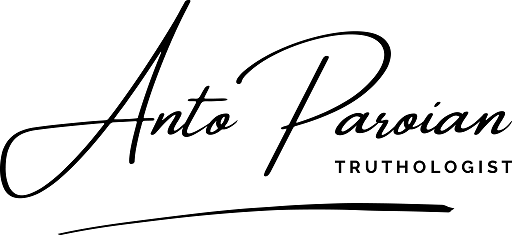Conflict Management

Conflict is an inevitable part of organizational life. This course is meant for those who wish to deepen their understanding of the processes involved in conflicts and their knowledge of how to manage them constructively. It provides the theoretical fundament for social and psychological processes involved in understanding and managing conflicts at all levels such as interpersonal, intergroup, organizational, and international. I also cover the processes of conflict, identifying different personalities, and behavior in conflict. The results of conflict competence include improved quality of relationships, creative solutions, and lasting agreements for addressing challenges and opportunities in the future.
The relationship between conflict and justice is bidirectional. Injustice breeds conflict and destructive conflict gives rise to injustice. Conflict is often a means of seeking or maintaining the balance or imbalance of power in relationships. It may also be waged as a symbolic expression of one’s identity and right to self-determination. In fact, virtually all conflicts directly or indirectly concern power. We provide an overview of some key components of the relationship between power and conflict. I describe some of the personal and environmental factors that affect people’s behavioral tendencies and responses to power in social relations.
Intergroup conflict is expressed in many forms and in many different settings in all societies. In organizations, poorly managed differences between departments or between factions within the same unit can dampen morale, create animosity, and reduce motivation and productivity of all our emotions. Anger is the one that has the most taboos restraining its expression and the most erroneous information concerning what it is and how to use it. Understanding anger starts with letting go of those taboos.
Having thought about how and why you and other people behave and respond to each other as you do, the next step is to learn skills, strategies, and techniques to manage difficult people: to know what to say and what not to say. A good way to know what to say and what not to say to a difficult person is to start by really listening to them. As with all competencies, people can learn ways to improve, change, and develop. This requires honesty and objectivity. It requires seeking feedback from others. Conflict coping skills must be learned while a person is angry. So the question isn’t one of whether or not you’ll experience conflict or how to reduce or avoid it. Instead, the question is what will you get out of conflict when it does occur. Depending on how you respond that something can be good or bad, constructive, or destructive, invigorating, or debilitating.

